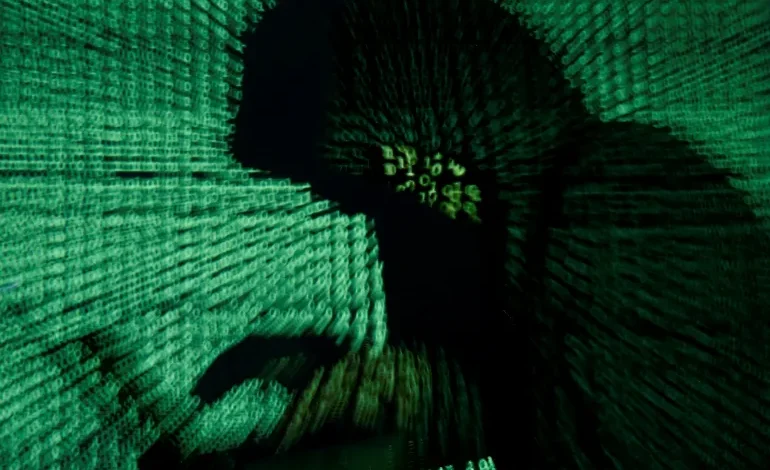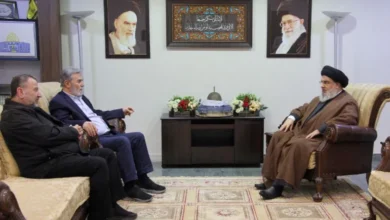Spies like them: The intelligence war between Iran, Israel

The charging of CIA official Asif Rahman for allegedly leaking US intelligence of Israeli preparations for retaliatory strikes on Iran in October has brought into open view the shadow war of espionage and counterespionage that has raged between actors locked in a regional conflict for decades.
The Iran-based Telegram channel Rahman is accused of leaking to disavows any connection with Iran’s government, but that the affair has embarrassed a US administration reeling from an earlier conviction of another of its officers, Jack Teixeira, for leaking Pentagon papers is undeniable.
Catching spies
In late October, Israel’s internal security agency, Shin Bet, said it had arrested seven Israeli nationals living in occupied East Jerusalem on suspicion of carrying out espionage on Iran’s behalf.
A day earlier, another seven Israeli nationals in Haifa had been arrested on suspicion of aiding the enemy, in this case, Iran’s Ministry of Intelligence, in wartime.
Israeli police sources confirmed that more Iran-aligned cells operating in the country are suspected.
This isn’t new. In September, 73-year-old Israeli businessman Moti Maman was also accused by Shin Bet and the Israeli police of working with Iranian intelligence, allegedly offering to kill Prime Minister Benjamin Netanyahu and other political figures in return for an advance payment of $1m.
Conversely, Iran has arrested several of its citizens throughout Israel’s war on Gaza on charges of having collaborated with the Israeli spy agency Mossad.
In December, Iran executed three men and a woman accused of acting on behalf of Mossad in Iran and undertaking acts, from sabotage to the kidnapping of Iranian security officials.
In September, in the wake of attacks attributed to Israel on the communications systems of Iran’s ally Hezbollah, Iran announced the arrests of 12 citizens on charges of collaborating with Israel and planning attacks in the country.
Espionage in a changing world
While electronic intercepts, surveillance and monitoring of social media have become valuable intelligence tools, human intelligence remains key to information gathering and military targeting.
“Human intelligence plays a significant role in the ongoing covert war between Israel and Iran,” Sina Toossi, a senior fellow at the Center for International Policy, said.
The Israelis arrested in Haifa are accused of 600 to 700 intelligence-gathering missions for Iran over two years, including targeting a senior official – presumably for potential assassination similar to Israel’s high-profile assassinations, including that of Hamas political leader Ismail Haniyeh in Iran in July.
“In Iran, Israel demonstrated its capabilities through a series of high-profile assassinations and sabotage missions, often attributed to Mossad’s deep penetration.
“On the other hand, Iran has made efforts to establish human intelligence networks in Israel, as highlighted by the recent arrests of several Israeli citizens accused of spying for Iran,” Toossi said.
Turning the tide
Israel with its small and generally cohesive society has long been considered almost impregnable by foreign spy agencies, defence analyst Hamze Attar said.
However, the strains of the current conflict, the rise of the extreme right and bitter divisions over the 2023 judicial reforms championed by Netanyahu have worked at pre-existing societal cracks, resulting in a fundamentally changed Israeli society.










